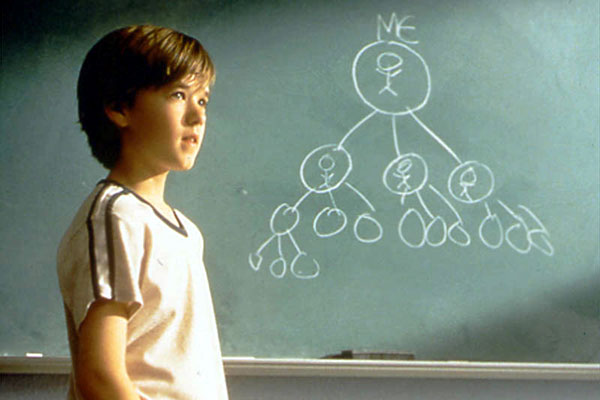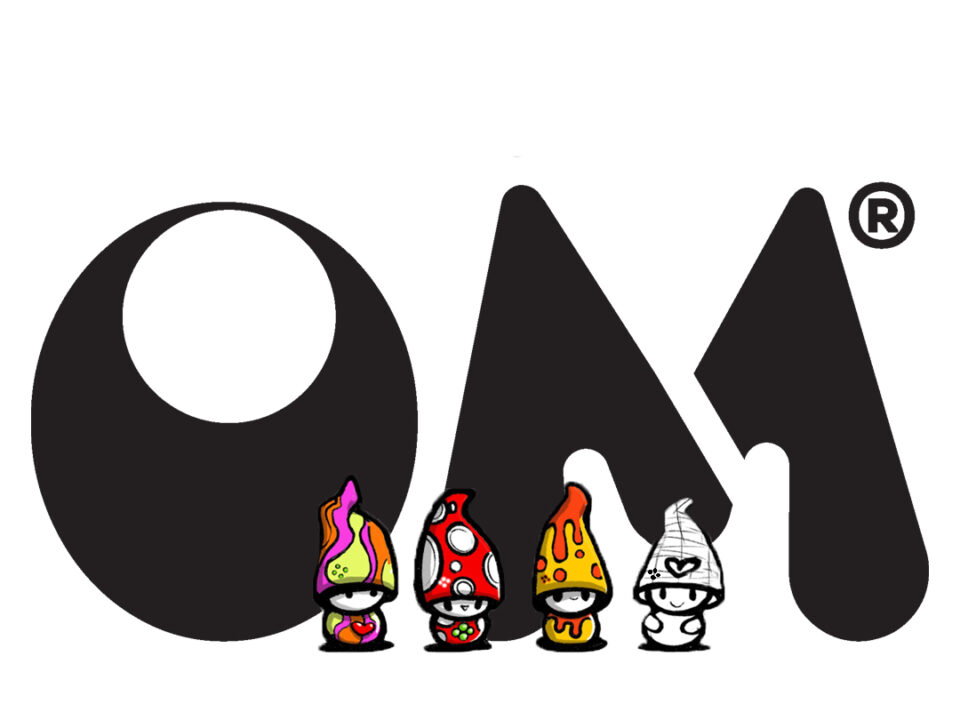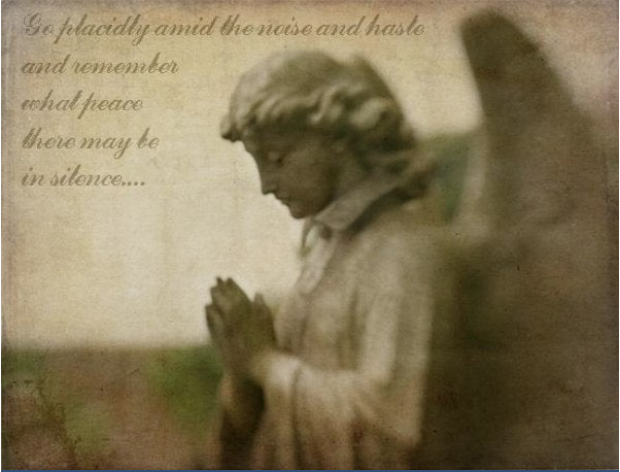Spreading kindness with heart and sole . . .
February 14, 2013Phiona Mutesi makes a winning move . . . .
February 20, 2013The image above is one that we adore . . .
It’s taken from the movie Pay it Forward, a film that, ever since we first watched it, has never been far from our thoughts.
The premise is one that speaks loud and clear to us all here at OM® – that, instead of paying good deeds back, we ought to be paying them forward. In recent times, this is a concept that has begun to catch on . . .
So much so, that paying it forward is a phrase that is – we’re thrilled to report – becoming rather common. You see, this is far more than just another Hollywood figment.
In the movie, Kevin Spacey’s character, a social studies teacher called Eugene Simonet, introduces his students to a theoretical plan that he claims can make the planet a better place . . .
This is based around the networking of good deeds, the idea being that, if someone does something nice for three people, and each of those three people pays the good deed forward to three others and so on and so forth, it will, eventually, create – to use Rachel Scott’s phrase – a chain reaction of kindness that has the potential to touch and improve innumerable lives.
The movies being the movies, this does, indeed, prove to be the case . . .
But in real life too, far from the silver screen, evidence is growing that paying it forward is the path to a brighter future.
In 2012, more than 250,000 people in 30 different countries took part in Pay it Forward Day, and organizers are hoping that this year’s event – scheduled for April 25 – will inspire more than three million acts of kindness. Not that paying it forward isn’t becoming an every day event . . .
Last week, for instance, a couple enjoying a Valentine’s meal in Pittsburgh found that, when the time came to pay, a stranger had covered their $250 check and had even tipped the waiter. In a short note, their anonymous benefactor asked that the good deed be paid forward, a request that is going to be granted. This is heartwarming, but it isn’t an isolated example.
Indeed, the internet is awash with tales of people contributing coffee and gasoline, covering tolls and paying for parking for people they’ve never even met and what’s more, such deeds are, more often than not, paid forward. There has even been a scientific study, conducted by Sonja Lyubomirsky, a psychologist at Stanford University, that found that paying it forward leads to increased happiness amongst all involved . . .
That is the key. You see, according to recent research, published in the Journal of Personality and Social Psychology, doing a good deed evokes a ‘moral elevation’ that can prove infectious. It’s basic psychology, sometimes called the law of reciprocity, that means that, whenever someone is on the receiving end of a kind act, it is natural for that person to experience an overwhelming desire to return the favor in some form.
So, what might at first have sounded like just another far-fetched film plot is, in fact, based upon a human behavior that is inherent in us all. There are some who believe that concepts such as paying it forward are whimsical. That this proves otherwise is inspirational.
Here at OM®, we’d like you to think about this the next time that you have the chance to do a good deed for another . . .
Think about how that person might pay it forward. Think about the potential chain reaction. Think about that image above, paying particular attention to the diagram on the chalkboard. Think about the lives that you could touch, and about how, through such things, we are all connected.
Each one of us has the power to do immense good, so please become part of the network, spread a little kindness and, whenever a little comes your way, please don’t forget to pay it forward . . .





